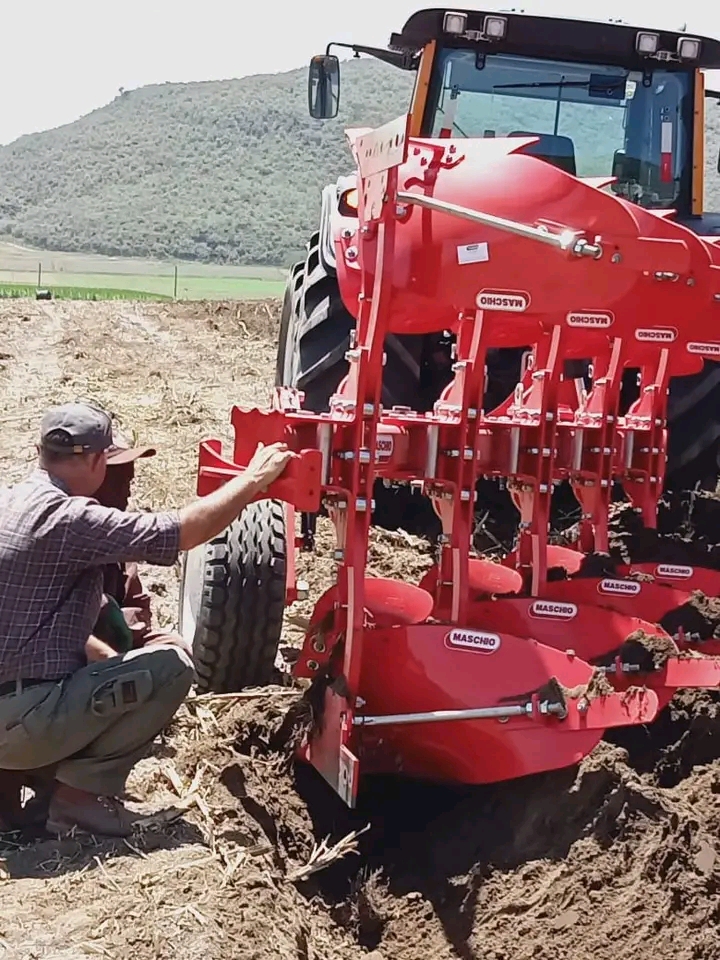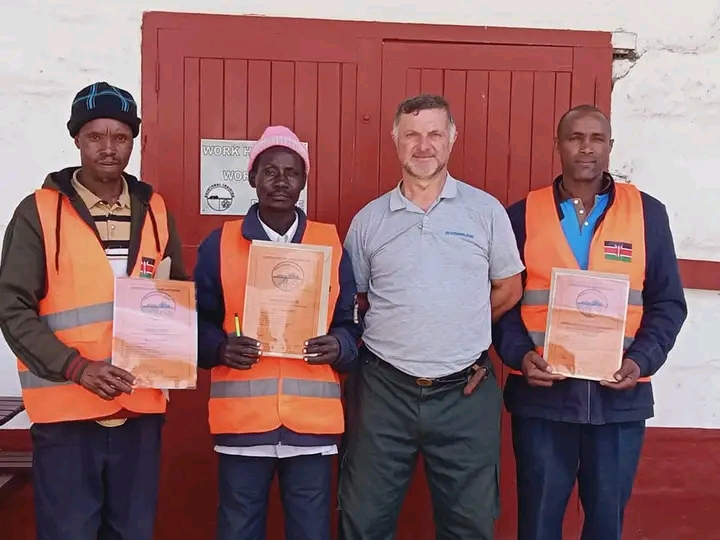
By George Munene
Located in Naivasha, Manera farm offers Africa’s only tractor vocational course. Through a three-day theoretical and practical course, learners are taught how to operate tractors, service and maintain them as well as safety precautions to take when handling them.
The birth child of Claudia Torres, who is also a horticulture farmer, the training school started in 2015 after she took on agriculture consultancy and realised that there was major room for improvement in the management, operations, and servicing of tractors across Kenyan farms.
“We realised many farmers often bought expensive tractors that they weren't entirely sure how to handle or repair. Tractor drivers-- who often learned on the job-- also have gaps in their knowledge of its operation that we are looking to plug. Our goal is to develop a culture of good mechanised farming.
Many farmers destroy their main source of capital-- their soil-- when pursuing mechanised farming. We strive to strike a balance between getting your machinery to improve your yields while safeguarding the long-term profitability of your farm,” she illuminated.
Related News: Nonprofit introduces cheaper Pay-As-You-Go model of tractor ownership
Related News: Second-hand tractors open lower cost route for Kenyan farmers to mechanise
The farm also offers a short team mechanic improvement course. This again fills a market gap as there is a dearth of tractor-specialised mechanics given most learned their trade operating on cars which leaves them under-equipped to fix farm machinery.
Tertiary courses in irrigation, pest control, and scouting are also given at Manera.
To date, the farm has had over 864 trainees, majorly from large farms. Most employers are reimbursed the Sh20,000 training fee by The National Industrial Training Authority (NITA) if they had been paying the Sh50 per employer monthly levy to the autonomous government parastatal charged with ensuring there is quality trained manpower across all levels of industry in the country.
Once they are through with the training learners are awarded NITA certificates which makes them highly employable in the field.

"We train farmers how to operate machinery across different soil types and terrains as well as working with various crop types. This has meant we have trainees from across the breadth of Kenya and as far out as Uganda,” informed Claudia.
The three-day course is tailored to individual trainees: what implements they use on their farm--which is informed by the crop(s) they grow. “We have their farm manager send an itinerary of all this to ensure the training is not abstract, but as practical to their actual farm life as is possible,” she noted.
Related News: IT specialist helps farmers acquire 2nd hand EU tractors at half the cost of new ones
On the first day, learners are taught safety precautions to take when handling tractors followed by a course on how to service and maintain tractors on the second day.
The third and final day is spent on field and land tractor operations, covering everything from how to set up various tractor-drawn equipment and farm operations.
“Most tractor drivers are turnboys who have learned through observation and copying-- most often know what they are doing but we look to fill in gaps in knowledge they inevitably have.
Tractor operators are also often reticent to ask their supervisor questions for fear of being perceived as incompetent or showing that their higher-ups themselves aren't as knowledgable,’ Torres explained. This fosters a culture of incompetence in many farms.
For learners who cannot commute, room and board are offered at the farm at a fee.
Manera Farm: 0722 206939